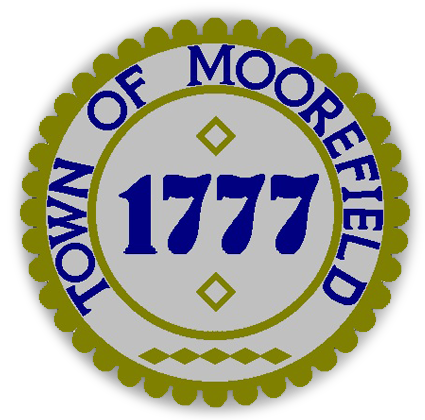Moorefield
Chartered in October 1777 by the General Assembly of Virginia, Moorefield, the county seat of Hardy County, is the fourth-oldest town in West Virginia. Located at the confluence of the South Fork of the South Branch with the main South Branch of the Potomac, Moorefield was laid out on 62 acres of land belonging to Conrad Moore. The town was named for Moore, and his home, the Old Stone Tavern, still stands on Main Street. Early property owners included families with the names of Van Meter, Harness, McNeill, Renick, Hite, Cunningham, Williams, Inskeep, Fisher and Hutton.
Moorefield has always been an agricultural community. The early settlers began farming the rich bottom land that surrounded the town, raising cattle, along with corn and hay for feed. From the 1930s, the poultry industry has been a significant economic factor, and Moorefield became known as the Poultry Capital of West Virginia.
Although Southern in sympathy, the town housed whichever troops were in local control during the Civil War. The Confederate McNeill’s Rangers operated in the area.
In 1985, flood waters devastated Moorefield taking homes, businesses, and lives. Fifteen years later the economy was booming and local unemployment was among the lowest in the state. Hester Industries, WLR Foods, and American Woodmark had all expanded. Hester was part of Con Agra and WLR was part of Pilgrim’s Pride, both part of the expanding poultry industry. Moorefield is home to Eastern West Virginia Community and Technical College, which opened in 1999 and serves a six-county region.
The Moorefield Historic District was listed on the National Register of Historic Places in 1986. Moorefield is the home of the annual West Virginia Poultry Festival and Hardy County Heritage Weekend.
